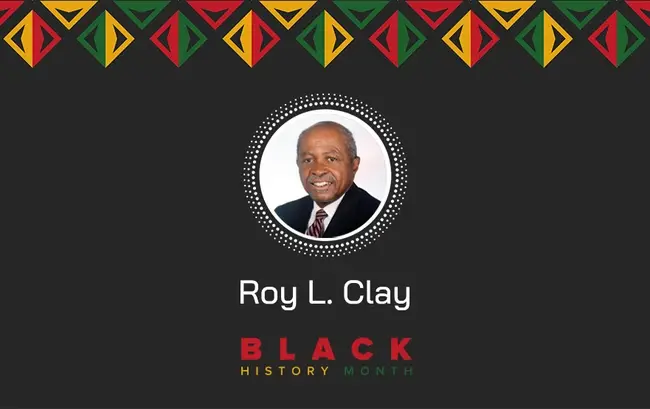In honour of Black History Month, we're celebrating some of the most iconic black innovators and pioneers in technology. The industry is notoriously lacking in diversity, which makes the accomplishments of these tech trailblazers all the more phenomenal.

Technology without Silicon Valley or Hewlett-Packard would be like space and aeronautics without NASA: we most definitely wouldn't know or have what we do today. Therefore, we owe a rather large thank you to Roy L. Clay, otherwise dubbed the "Godfather of Silicon Valley", who was instrumental in the development of the region, as well as HP.
Roy's start in technology was hindered simply by the fact that he was an African-American living in 1950s USA. After graduating with a Mathematics degree from St. Louis University in 1951, Roy became a school teacher, as it was one of the only viable career paths for Black Americans at the time.
However, in 1956, Roy was hired by McDonnell Douglass as a Programmer, which would be the first in a succession of exciting roles at notable organisations. In 1965, Roy began his tenure at HP as the Software Development Manager and Lead Developer for the HP 2116A minicomputer. This very minicomputer was HP's first ever computer offering and only the second 16-bit computer to enter the world market.
During his time at HP, Roy became the first director of the HP Research and Development Computer Group as well as the interim General Manager of their computer division (which he relentlessly promoted too). Roy also used his position as HP's most senior African-American at the time to help other minorities in their tech careers.
In 1977, Roy founded ROD-L Electronics, a hipot and electrical safety test equipment manufacturer, where he serves as CEO today.
Outside of the office, Roy became the first non-Caucasian to serve on the Palo Alto City Council in 1973. He also became the first African-American Vice Mayor of Palo Alto in 1976/77.
Today, Roy is one of the most celebrated figures in technology - not just in the regard of black talent, but of all time. Despite discrimination and the limited opportunities available to Black Americans, Roy has enjoyed great success in an industry that is known to lack diversity. Not only did his contributions shape HP and technology, but he also helped to pave the way for minorities to follow in his footsteps.







Comments ( 0 )